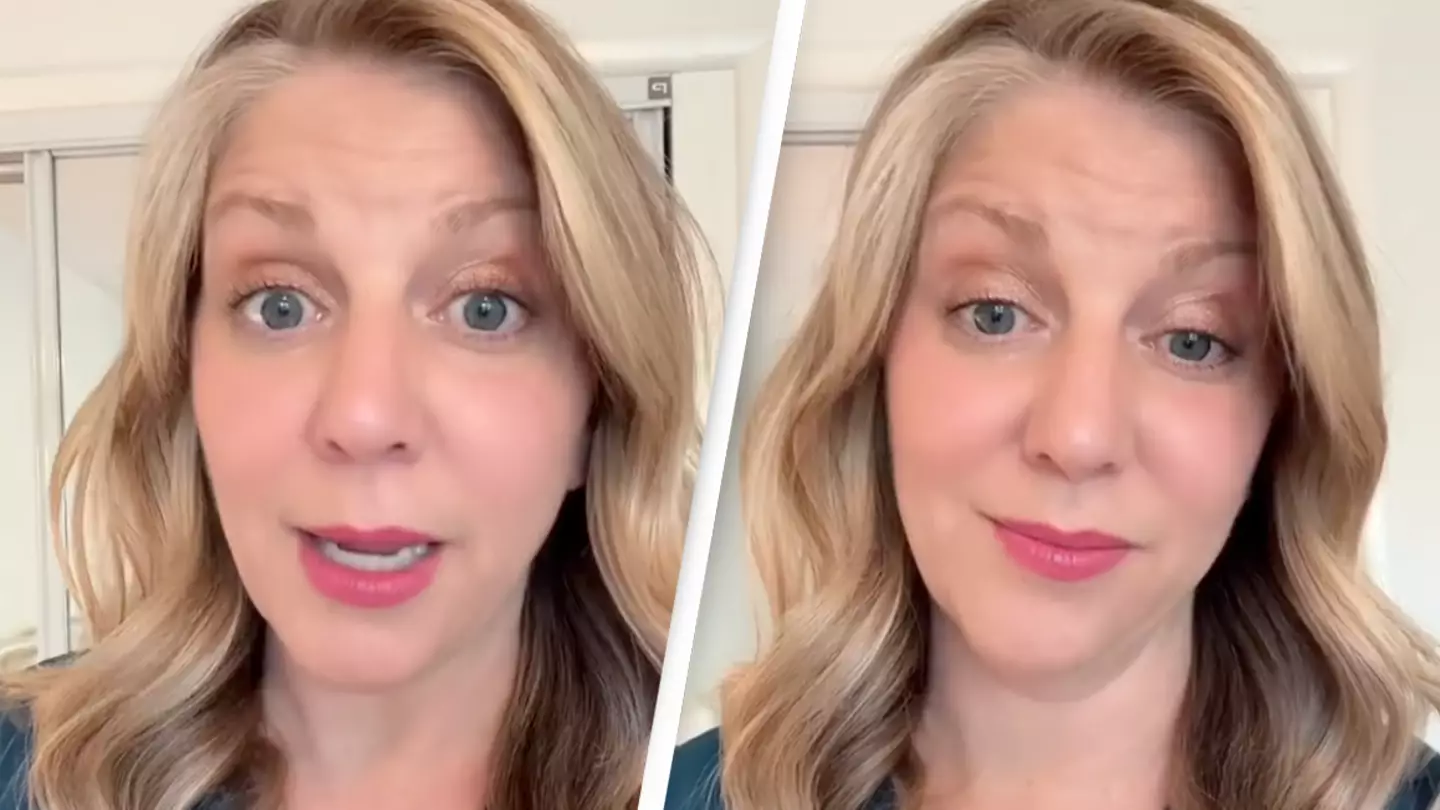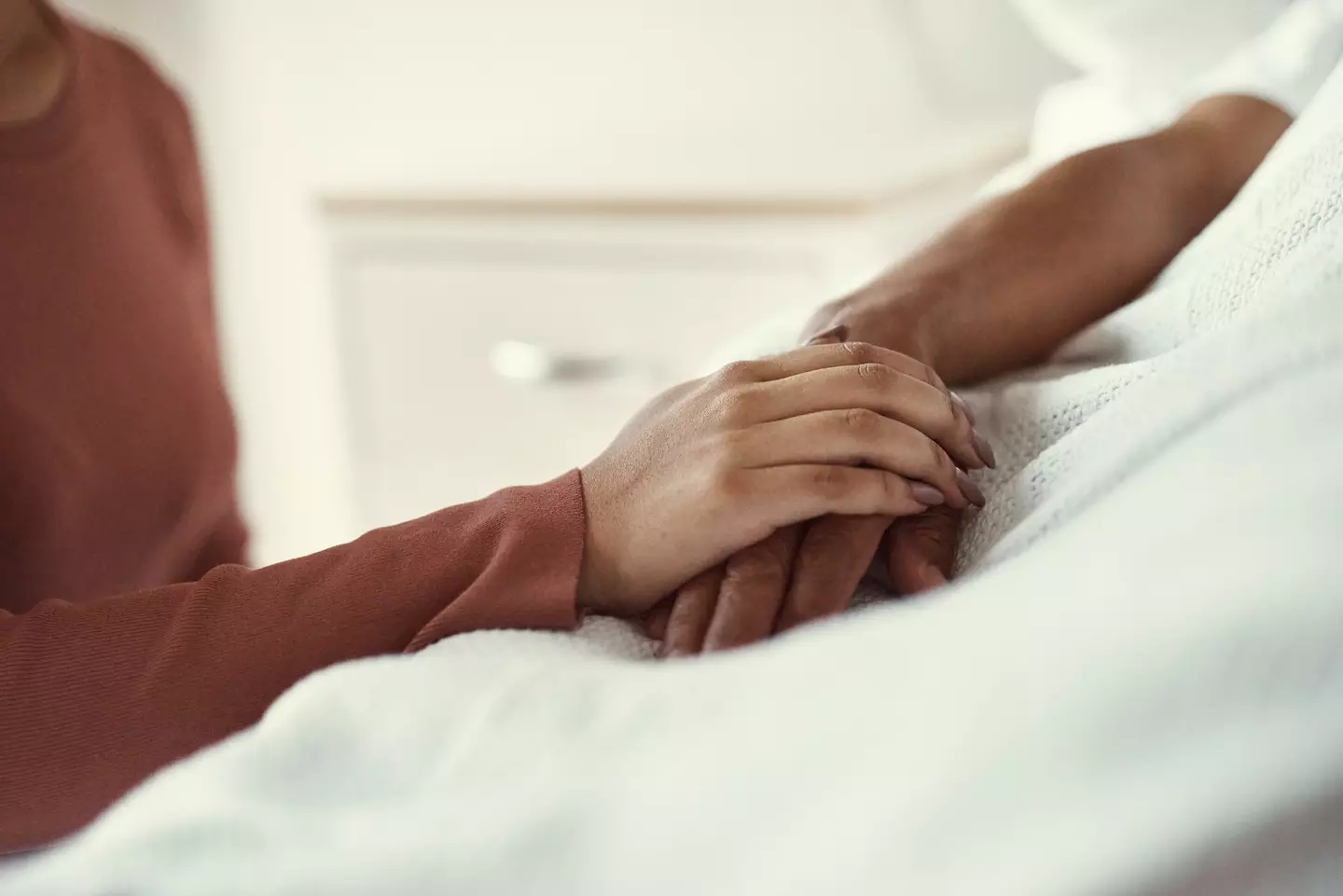
A hospice nurse has revealed that one-in-three patients experience the 'rally' while on their death beds.
The end of life nurse, who goes by 'Hospice Nurse Julie' on YouTube and TikTok, uses her social media platform to talk about all things 'hospice care, death and dying' in the aim of educating, helping prepare people and overall 'decreasing the fear of death'.
In a TikTok video earlier this year, Julie spoke about the 'rally' stage which can happen to many while on death bed.
What more, Julie explained not a lot of people know about it, so she explained all in the clip.
Advert

Julie began the video by explaining how medical professionals like herself can't explain the 'rally stage'.
Explaining the 'rally', Julie said: "This is when someone is looking really sick, almost close to actively dying, and then suddenly, they get better."
The nurse went on to say this can manifest in many different ways, though she did provide some examples.
Advert
She continued: "They [the patient] can suddenly wake up and are fully conscious and have energy. Maybe their personality comes back and they start joking."
Julie went on to explain the patient will often get their appetite back and sometimes even get out of bed and walk around like they have been 'cured'.
However, that is far from the case.
"The devastating part is that they usually die within a few days of this burst of energy. Sometimes even as early as that night," Julie added.
Advert
Obviously for a nurse, this can be a pretty tricky one considering there is no hard evidence to the 'rally'.
As well as, they often have to explain to a family who believed their loved one was making process with the burst of energy.
As per AMN Healthcare, nurse Lina Velikova said: "The end of the life ‘rallies' can be very upsetting and confusing for the family and friends of the person they love.
"Simply, it goes against everything we've thought about life and death. Medical staff should prepare friends and family for those moments."
Advert

James Cobb, a fellow nurse, spoke about the importance of sticking to the facts when relaying information over to a patient's nearest and dearest.
"I'm factual in these kinds of situations," Cobb said. "It's not right to take away hope. It's also right to want the patient's friends and loved ones to be aware surge or terminal lucidity doesn't mean they've been cured."
This comes after Julie revealed the one gross and 'messy' thing that often happens when a person takes their final breath.
Advert
She explained how when a person dies, the body 'relaxes' and this can lead to some pretty 'messy thing[s]' occurring.
This means a person can 'urinate, have bowel movements, sometimes have fluid come up their nose or out of their eyes or nose, ears' in the moments following their passing.
If you have experienced a bereavement and would like to speak with someone in confidence, contact The Compassionate Friends on (877) 969-0010
